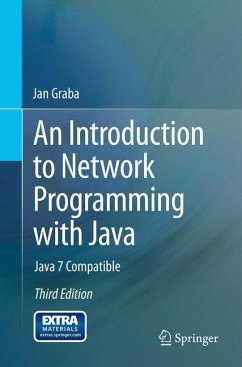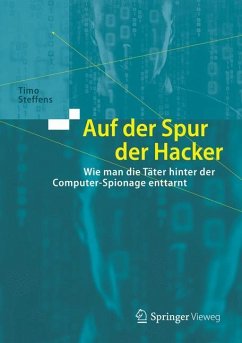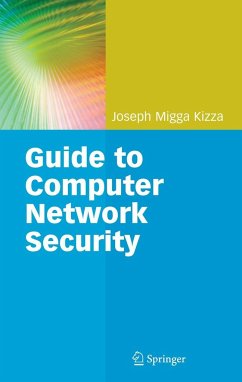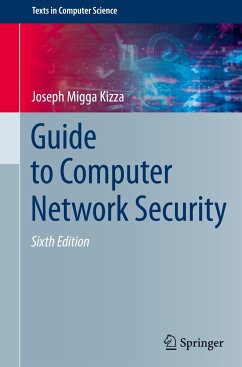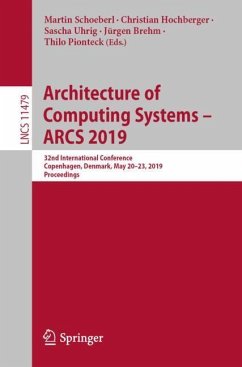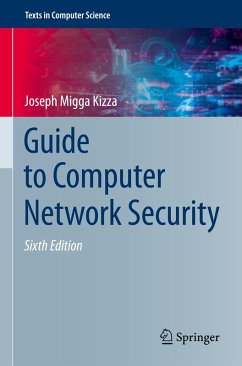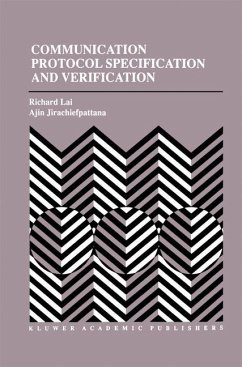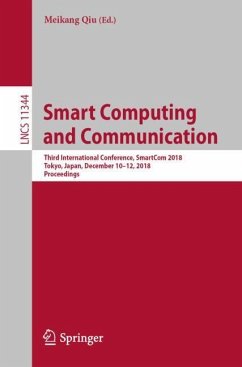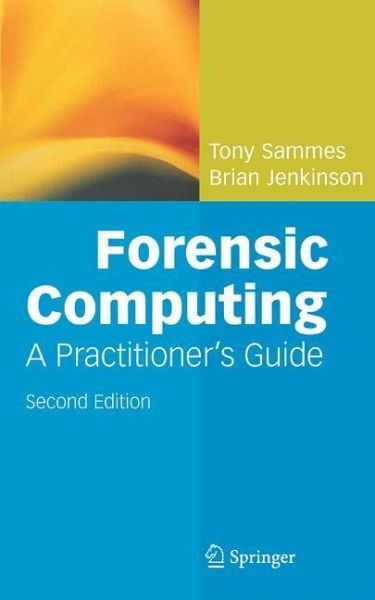
Forensic Computing

PAYBACK Punkte
39 °P sammeln!
In the second edition of this very successful book, Tony Sammes and Brian Jenkinson show how information held in computer systems can be recovered and how it may be deliberately hidden or subverted for criminal purposes. "Forensic Computing: A Practitioner's Guide" is illustrated by plenty of case studies and worked examples, and will help practitioners and students gain a clear understanding of:- how to recover information from computer systems in such a way as to ensure that its integrity cannot be challenged and that it will be accepted as admissible evidence in court the principles involve...
In the second edition of this very successful book, Tony Sammes and Brian Jenkinson show how information held in computer systems can be recovered and how it may be deliberately hidden or subverted for criminal purposes. "Forensic Computing: A Practitioner's Guide" is illustrated by plenty of case studies and worked examples, and will help practitioners and students gain a clear understanding of:
- how to recover information from computer systems in such a way as to ensure that its integrity cannot be challenged and that it will be accepted as admissible evidence in court the principles involved in password protection and data encryption
- the evaluation procedures used in circumventing these safeguards
- the particular legal issues associated with computer-generated evidence and how to ensure admissibility of such evidence.
This edition is fully expanded and updated with treatment of metadata files, NFTS systems, CHS and LBA addressing, and alternate data streams.
- how to recover information from computer systems in such a way as to ensure that its integrity cannot be challenged and that it will be accepted as admissible evidence in court the principles involved in password protection and data encryption
- the evaluation procedures used in circumventing these safeguards
- the particular legal issues associated with computer-generated evidence and how to ensure admissibility of such evidence.
This edition is fully expanded and updated with treatment of metadata files, NFTS systems, CHS and LBA addressing, and alternate data streams.



